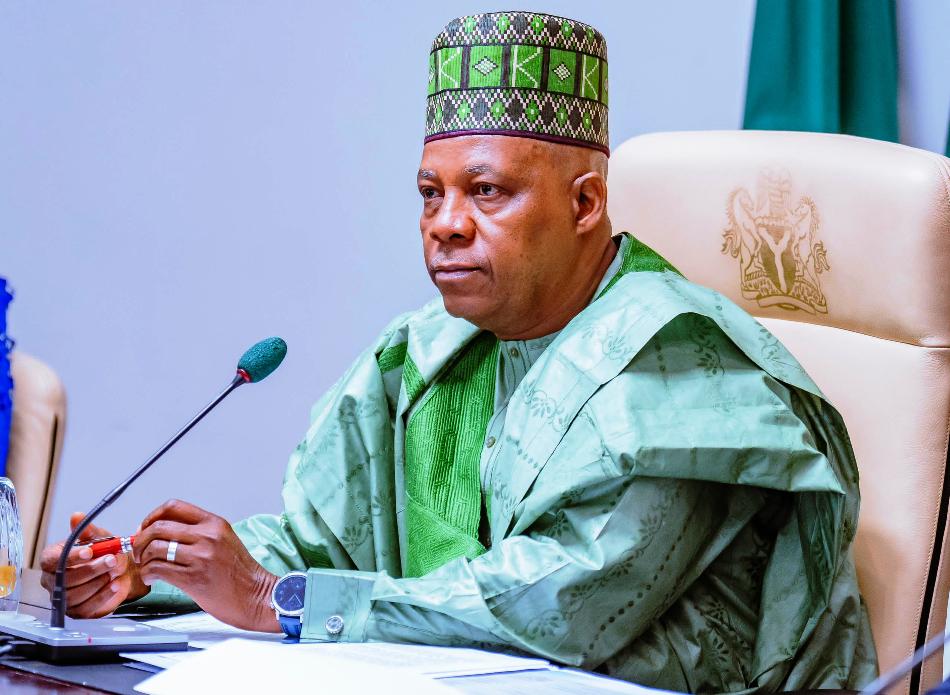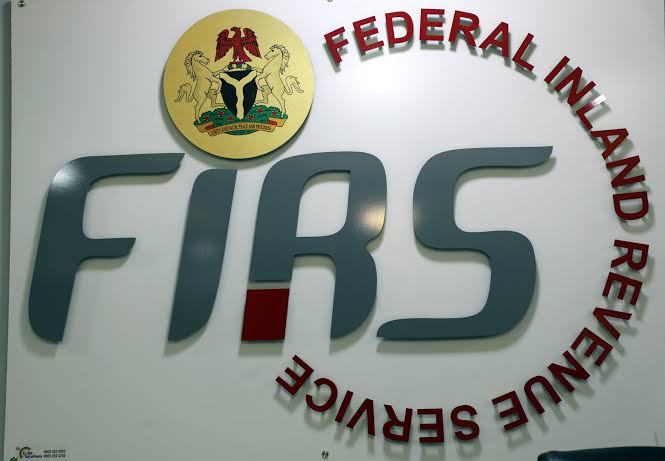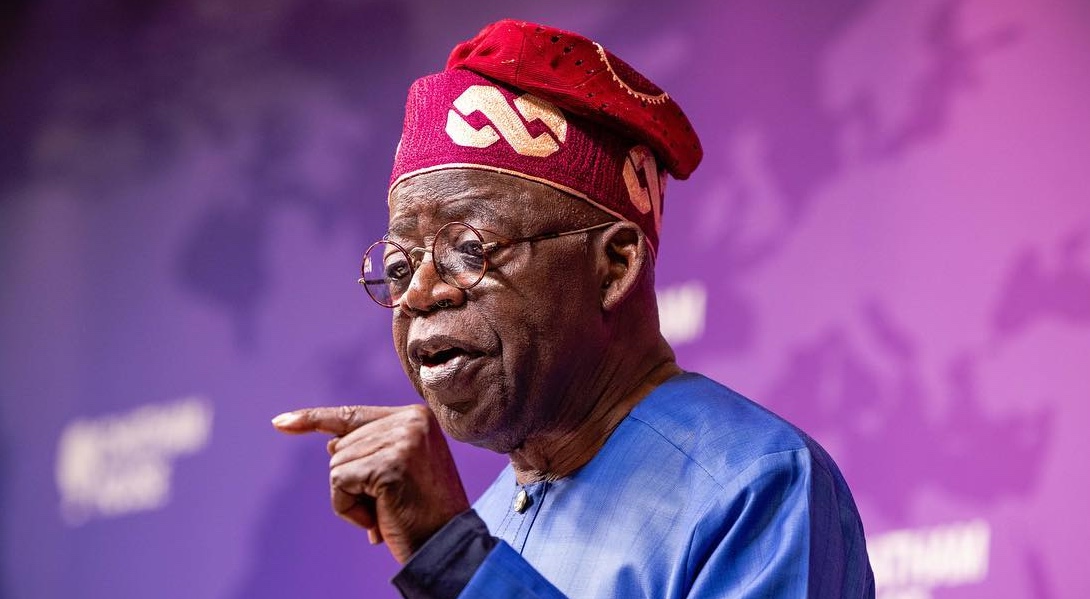The Federal Government has urged the judiciary to develop new approaches to resolving disputes within Nigeria’s capital market, describing the market as more than a simple trading platform but a critical pillar for economic transformation.
Vice President Senator Kashim Shettima, represented by Dr. Tope Fasua, Special Adviser to the President on Economic Affairs, made the call yesterday at the 2025 Capacity Building Interactive Workshop on Capital Market Law, Ethics and Judicial Interpretations for Judges of Superior Courts. The event was organised by the Securities and Exchange Commission (SEC) in Abuja.
Shettima pointed out that the capital market plays a central role in diversifying Nigeria’s economy from its reliance on a single commodity. According to him, the market helps channel national savings into productive investments, promotes indigenous industrialisation, and attracts both domestic and foreign investors.
“A well-functioning capital market can unlock latent wealth, deepen financial inclusion, and ultimately improve living standards. The effectiveness of any capital market depends on trust. Investors will only commit funds where they feel assured of the security of their investments, transparency in transactions, and protection of their rights,” he said.
The Vice President explained that trust stems from robust regulations, efficient market operations, and a dependable system of resolving disputes. He noted that the federal government is encouraging the use of alternative dispute resolution (ADR) tools, such as mediation and arbitration, which can offer faster, cost-effective, and specialised solutions for commercial disagreements, including those that arise within the capital market.
“While litigation remains an important option, promoting ADR can ease the pressure on the courts and provide solutions tailored to the financial sector’s complexities. Weaknesses in our dispute resolution framework risk diverting capital elsewhere. Delays, inconsistent judgments, or limited specialist knowledge can create systemic threats and discourage investment,” Shettima added.
He told participating judges that the workshop was not just an academic exercise but an opportunity to deepen understanding of the market’s complexity, better appreciate the economic impact of judicial decisions, and ensure closer coordination between regulators and the courts.
Shettima noted that repositioning the Nigerian capital market is more than an economic goal; it is essential for national development. “The judiciary, through its impartial handling of disputes, holds a powerful key to unlocking this potential. This administration is fully committed to strengthening the market and enhancing justice delivery. We know a strong judiciary supports a stable democracy and a thriving economy,” he said.
He also pledged government’s support to ensure institutions like the SEC can effectively carry out their mandate, including building judicial capacity, encouraging consistent rulings on market issues, identifying systemic challenges, and ultimately boosting investor confidence.
Chief Justice of Nigeria and Chairman, Board of Governors, Hon. Justice Kudirat Kekere-Ekun, represented by Hon. Justice Stephen Jonah Adah also addressed the workshop, noting the growing complexity of modern financial markets. She pointed to emerging areas such as digital assets, cryptocurrencies, green finance, and cross-border securities transactions that challenge traditional legal approaches.
“It is not enough to apply existing legal principles without adaptation nor should we assume new developments erase the need for precedent. We must engage these issues to keep legal consistency while staying responsive to commercial change,” she said.
Kekere-Ekun welcomed the recent enactment of the Investments and Securities Act (ISA) 2025, which introduces clearer regulations and better investor protections. However, she cautioned that even the most advanced laws are ineffective without thoughtful interpretation that reflects legislative intent and economic logic.
“The decisions we make in capital market cases go beyond the courtroom,” she said. “They shape public confidence, guide investor behaviour, and affect the stability of financial institutions.”
Speaking at the event, SEC Director-General Dr. Emomotimi Agama said the workshop was part of the commission’s ongoing efforts to engage with stakeholders and ensure that the ISA 2025’s provisions are widely understood.
“The ISA 2025 brings significant changes, including stricter penalties for market abuses, improved corporate governance standards for listed firms, and new dispute resolution processes designed to speed up justice,” Agama explained.
“Through these reforms, we hope to restore investor confidence and encourage broader participation of Nigerians in wealth creation.”
The workshop brought together judges, legislators, regulators, legal and capital market experts to discuss ways to modernise dispute resolution in Nigeria’s capital market and ensure the system keeps pace with evolving financial practices.
The Nation






